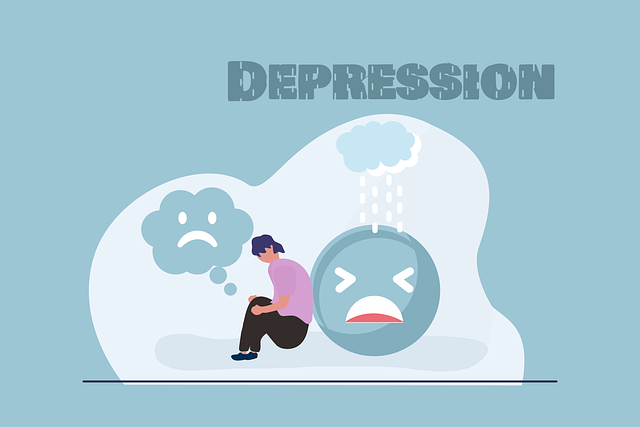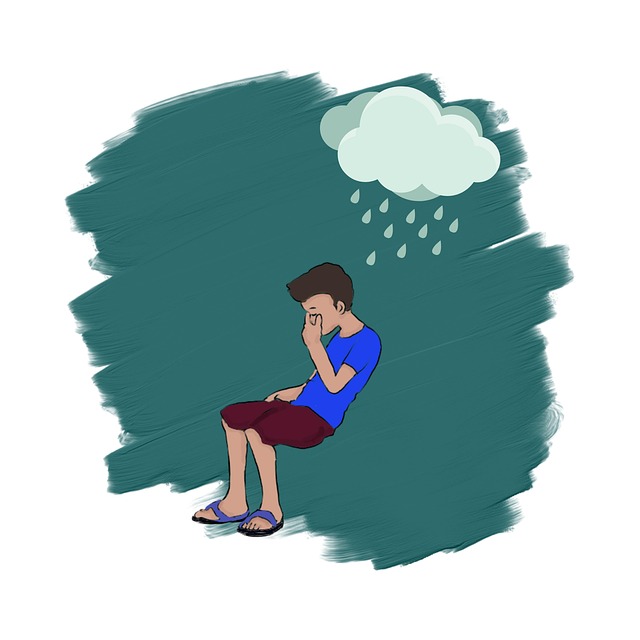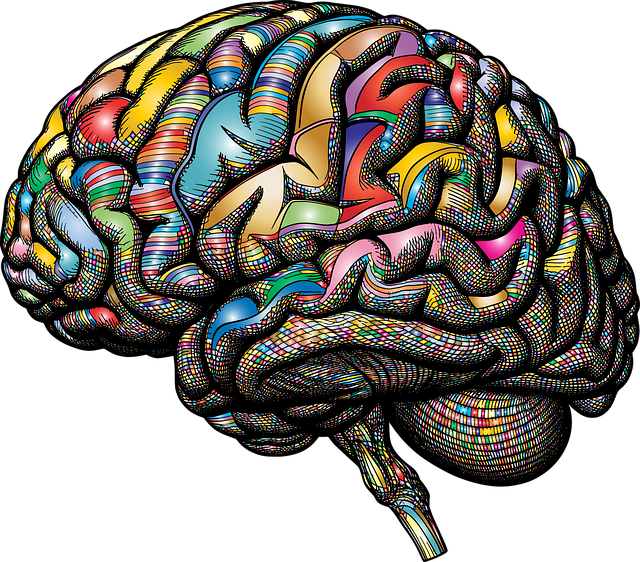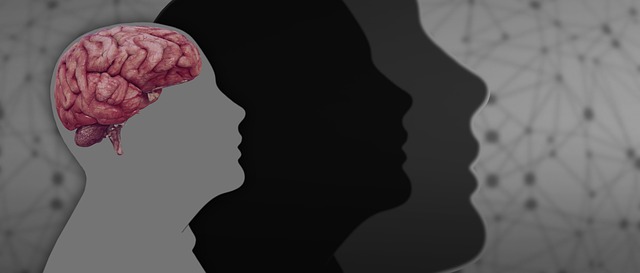Treating PTSD in elders requires specialized therapy focusing on self-care, conflict resolution, and mental health education. Diagnosing depression, anxiety, or PTSD in seniors involves recognizing subtle symptoms like social withdrawal and providing tailored CBT or trauma-focused approaches. Comprehensive care includes detailed evaluations, self-care routines, and support networks to address unique barriers faced by older adults. Social Skills Training and open conversations about mental health empower elders to manage PTSD effectively, with advocates pushing for policy changes to improve access to comprehensive care.
Mental illness diagnosis and treatment navigation can be challenging, especially for elders experiencing post-traumatic stress disorder (PTSD). This article guides you through key aspects of supporting elderly individuals dealing with PTSD. We explore understanding PTSD in seniors, recognizing subtle signs, navigating the diagnostic process, and delving into effective therapy options tailored to their unique needs. Additionally, we emphasize building robust support systems crucial for holistic recovery and enhanced well-being. By empowering caregivers and families, we can ensure elders receive the quality care they deserve.
- Understanding Post-Traumatic Stress Disorder in Elders
- Recognizing the Signs and Symptoms of Mental Illness in Older Adults
- Navigating the Diagnostic Process for Seniors
- Exploring Treatment Options: Therapy for Elderly Individuals with PTSD
- Building Support Systems for Effective Recovery and Well-being
Understanding Post-Traumatic Stress Disorder in Elders

Post-Traumatic Stress Disorder (PTSD) is a prevalent yet often overlooked mental health concern among elders, particularly those who have experienced traumatic events in their lifetime. This condition can manifest differently in older adults compared to younger individuals, making its identification and treatment more complex. Recognizing the unique challenges faced by this demographic is crucial for effective navigation of therapy.
The journey towards healing for elders with PTSD involves tailored strategies. Incorporating self-care routine development as a therapeutic tool can significantly enhance mental well-being. Encouraging healthy habits such as regular exercise, adequate sleep, and mindfulness practices can help manage symptoms. Additionally, conflict resolution techniques are invaluable; teaching peaceful methods to resolve everyday disputes can prevent the escalation of stress and anxiety. Mental health education programs designed specifically for elders can empower them to recognize PTSD triggers and seek appropriate support. These approaches collectively contribute to a holistic understanding and effective treatment of therapy for elders post-traumatic stress disorder.
Recognizing the Signs and Symptoms of Mental Illness in Older Adults

Recognizing mental illness in older adults can be a delicate process due to the unique presentation of symptoms. As our population ages, it’s crucial to understand that depression, anxiety, and even post-traumatic stress disorder (PTSD) are not confined to younger demographics. The signs may manifest differently; for instance, social withdrawal or changes in appetite could indicate underlying mental health struggles. It is essential for both older adults and their healthcare providers to be vigilant in identifying these subtle cues.
The journey towards healing begins with accurate diagnosis. Elders might benefit from specialized therapy tailored to their needs, such as cognitive-behavioral therapy (CBT) or trauma-focused approaches, especially if they’ve experienced life-altering events. With the right support, including access to healthcare provider cultural competency training and trauma support services, older adults can develop inner strength to navigate their mental health challenges effectively.
Navigating the Diagnostic Process for Seniors

Navigating the diagnostic process for seniors with mental health concerns can be complex. Often, symptoms of depression, anxiety, or even post-traumatic stress disorder (PTSD) can overlap, making it challenging to pinpoint a specific diagnosis. The journey typically begins with recognizing the need for help and seeking a primary care physician or mental health professional. Elderly individuals may face unique barriers, such as stigma, difficulty expressing emotions, or physical health issues that mimic mental health symptoms. Therefore, a comprehensive evaluation is essential, involving detailed interviews, medical history reviews, and sometimes specialized assessments tailored to their experiences, including potential trauma or chronic conditions.
Effective therapy for elders, especially those dealing with PTSD, often involves evidence-based approaches like cognitive-behavioral therapy (CBT) that help process traumatic memories and develop coping strategies. Encouraging a self-care routine development for better mental health can also be transformative, incorporating activities like regular exercise, mindfulness practices, or engaging in hobbies that foster a sense of purpose. Additionally, burnout prevention strategies for healthcare providers who support seniors are crucial to ensuring sustained care quality. By promoting self-esteem improvement and providing adequate support, the diagnostic process can lead to more effective treatment plans tailored to the unique needs of elderly individuals.
Exploring Treatment Options: Therapy for Elderly Individuals with PTSD

For elderly individuals experiencing post-traumatic stress disorder (PTSD), tailored therapy approaches are essential for effective treatment. Cognitive Behavioral Therapy (CBT) has shown significant promise in helping seniors process and overcome traumatic memories and emotions. This form of therapy focuses on identifying and changing negative thought patterns, providing tools to manage symptoms, and promoting better coping strategies. By addressing the unique challenges faced by older adults, such as physical health issues or social isolation, CBT can enhance their overall mental wellness and emotional healing processes.
Additionally, Social Skills Training can be a valuable component of therapy for this demographic. As many elderly individuals with PTSD may have withdrawn from social interactions due to their condition, learning and practicing social skills can help them re-engage with their support networks. This aspect of therapy contributes to a sense of belonging and community, which is vital for maintaining mental health and overall well-being in older adults.
Building Support Systems for Effective Recovery and Well-being

Building strong support systems is an integral part of effective recovery for individuals navigating mental illness, especially when addressing specific concerns like post-traumatic stress disorder (PTSD) in elders. Therapy becomes more impactful when it’s coupled with a network of understanding and caring relationships. This can include family members, friends, community groups, and professional care providers. By fostering open conversations about mental health, reducing the stigma associated with seeking help, and encouraging active involvement in therapeutic processes, support systems empower individuals to manage their well-being successfully.
For elders struggling with PTSD, tailored therapy sessions combined with a supportive network can offer solace. Mental illness stigma reduction efforts play a crucial role in creating an environment where elders feel safe to disclose their experiences and seek appropriate trauma support services. Through advocacy and policy analysis, mental health advocates work towards ensuring access to comprehensive care, thereby enhancing the overall recovery journey for this demographic.
Navigating mental health care can be particularly challenging for older adults, but with the right assistance, it is possible to achieve significant improvements in their well-being. By understanding the nuances of post-traumatic stress disorder (PTSD) in seniors and recognizing the specific signs and symptoms, we can ensure timely intervention. The article has outlined a comprehensive guide to diagnosing this condition in the elderly and exploring effective therapy options tailored to their needs. Effective recovery relies not only on professional treatment but also on building robust support systems. By combining these strategies, we can empower older adults with PTSD to lead fulfilling lives, emphasizing the significance of therapy for elders with PTSD as a pivotal step towards healing and restoration.









